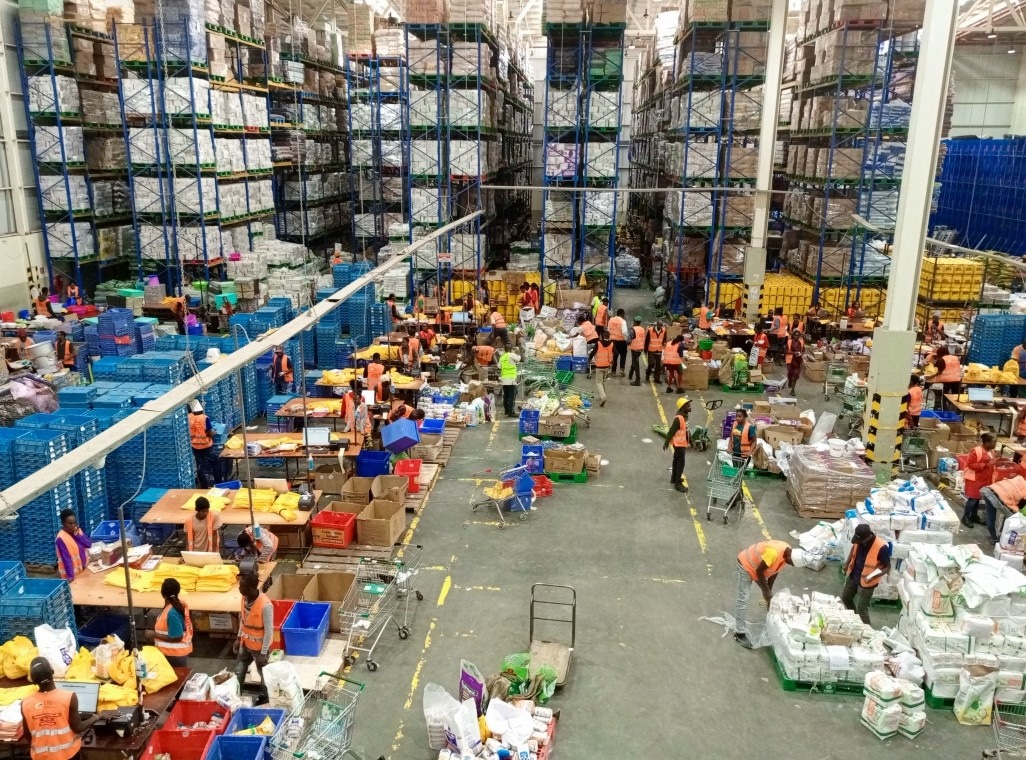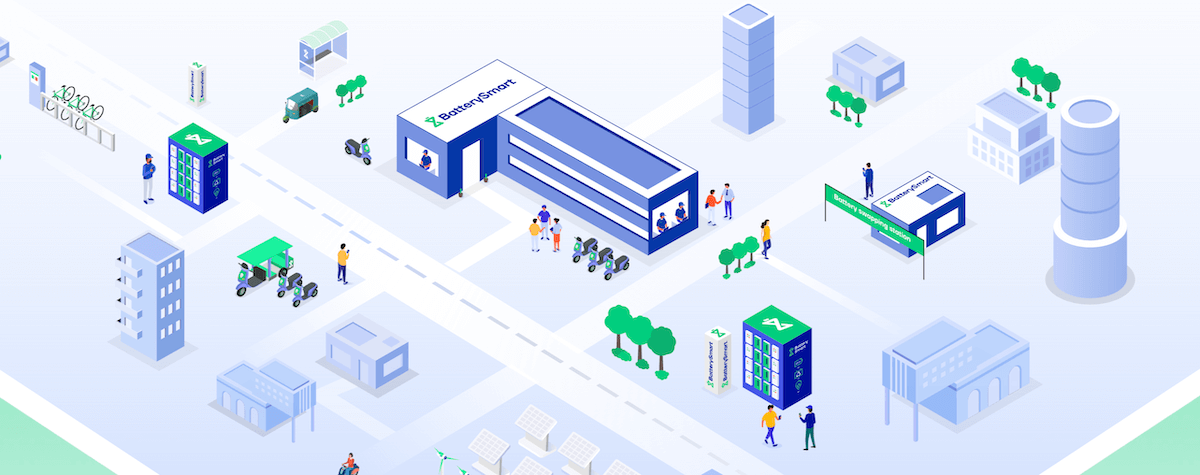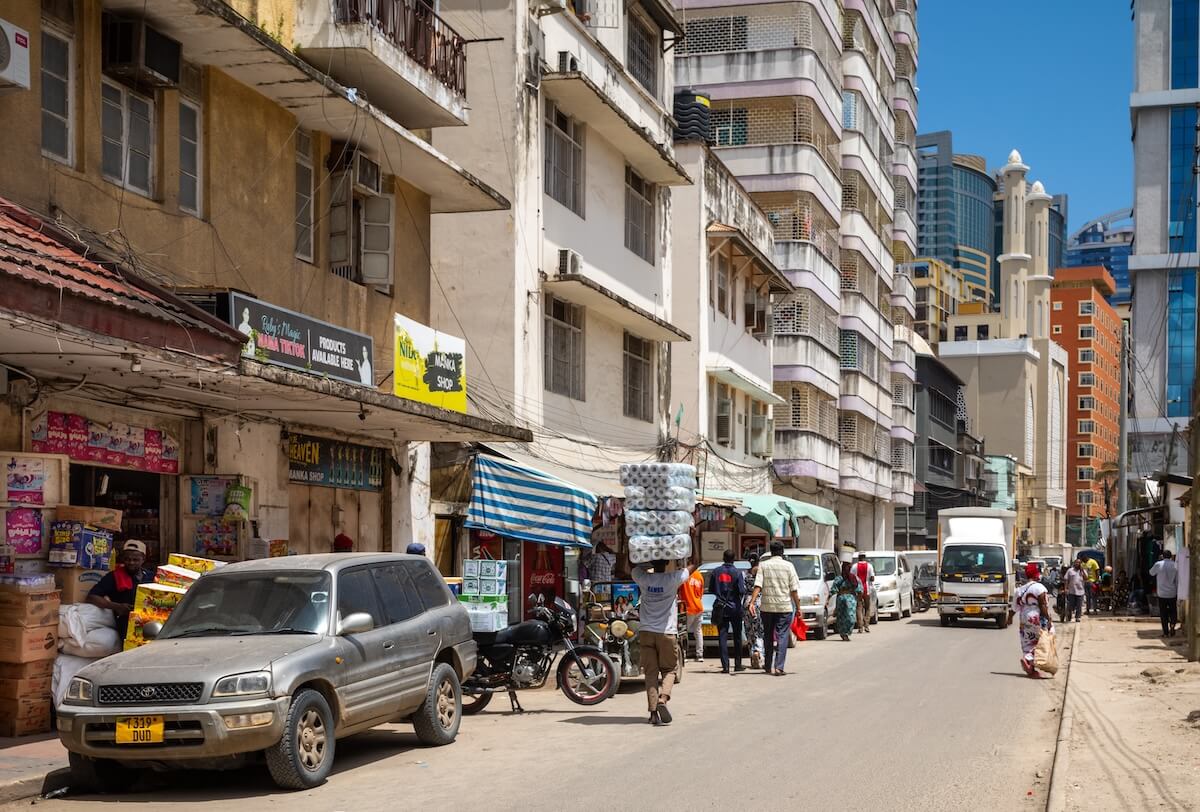A wave of casualties among Kenyan logistics startups has been attributed, in large part, to a severe funding crunch. The real issue may be the type of capital they raised (or didn’t) during the venture capital boom years of 2021 and 2022.
“You can build an e-commerce business for rural clients, but in order to build that, you need scale. It’s a matter of time and sufficient patient capital,” Nico Blaauw of Netherlands-based impact investor Goodwell Investments told ImpactAlpha this week.
The problem, he says, is there is too little patient capital.
Goodwell’s portfolio company Copia, the “rural Amazon.com” of Kenya, went into receivership in order to salvage its Kenyan operations. The development followed a turbulent year for the nine-year-old company that involved a restructuring, layoffs, the shuttering of its business in Uganda, and emergency fundraising.
Another of Goodwell’s logistics investments, Sendy, shut down last year. iProcure, which connected a million rural farmers to seeds, fertilizers and other supplies through a network to small retailers, went into receivership last month.
All had been in business for nine or more years. The pandemic disrupted companies’ growth trajectories, and the subsequent funding drought made it impossible to catch up.
Profitability pragmatism
It took the real Amazon.com nearly a decade to reach profitability, as investors waited out heavy losses. Kenyan businesses operate in a very different market.
When Copia started, rural customers placed orders through a network of agents using a catalog; many didn’t have cell phones, much less smartphones. The most popular products, like rice and legumes, were low-margin goods for which economies of scale could only kick in with a large customer base and mass orders that absorbed the company’s delivery costs.
“The business model from the beginning was built to scale,” says Goodwell’s Lilian Oyando. “From the beginning it was very clear they needed a lot of capital and a long time to get to profitability.”
Serving the mass market
The scaling back of rural logistics is a blow to rural households – and to the entrepreneurs and impact investors that have committed a decade or more to reaching them. Such households and their lower-income urban peers spend trillions of dollars annually. For those committed to figuring out business models for the mass-market, the opportunity is enormous.
African logistics companies likely still need a few years – and more patient growth capital to match, say Blaauw and Oyando. Goodwell has written down its investments in Copia and Sendy, but is hopeful its investment in Copia can still have impact.
“It’s not a strategic issue, not a management issue, not an issue with the business model,” says Blaauw. “The time and capital they had was not enough to go through the full market-development cycle.”











